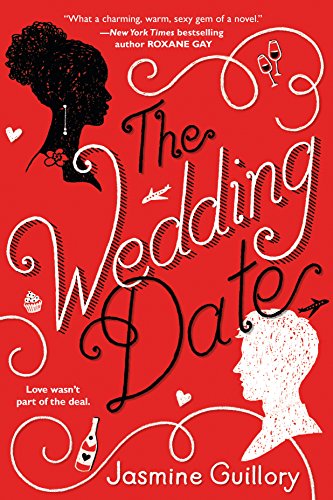I think we can all agree that 2018 has been an arduous year for the most part. But some of the brighter spots have been the wonderful romance novels that released this year, many of which ushered in a resurgence of romcoms. Truly, the genre has given its readers both a source of strength to endure all the hardships and news from this year while also opening up serious conversations about diversity, challenging gender stereotypes, and redefining relationship dynamics.
But one article in Hawaii Business Magazine doesn’t seem to see it that way. A roundup of staff favorites from 2018 lists books as a staff pick, saying: “Long ones, short ones, real ones, electronic ones – nonfiction, fiction – I’ll read anything except romance novels. I recently finished ‘Da Vinci’ a biography by Walter Isaacson, which obviously takes place in Italy – my favorite country (so far).” Publisher Cheryl Oncea doesn’t elaborate on her lack of interest in romance novels or what warranted her to express it; nonetheless, it understandably stirred up the romance community because if she’ll read “anything,” why not romance novels? What is so wrong about a genre that gives voice to women’s wants and needs and aims to be inclusive and accurately portray the cultural landscape? What, in her opinion, makes it so unreadable from other fictional books?
Why do we feel it’s necessary to do this, book lovers… pic.twitter.com/BAhYN0R1K7
— sarah maclean (@sarahmaclean) December 14, 2018
Granted, not everyone has to like romance novels or read them. We are entitled to our reading tastes, but it’s important to keep an open mind. To single out romance as the one genre someone doesn’t read, in a public platform and an article that is meant to be an uplifting reflection of the past year, is gratuitous, unfortunately pits book lovers against one another during a season where people are coming together, and undermines all that the romance genre has achieved this year.
 Jasmine Guillory, author of the hit novel The Wedding Date continues to dominate mainstream media coverage and her second novel The Proposal just hit the New York Times bestseller list. Lionsgate is working with Pilgrim Media Group to bring Helen Hoang’s The Kiss Quotient to the screen. The founders of The Ripped Bodice, the only romance bookstore in the United States, signed a deal with Sony Pictures Television to develop projects from romance novels. And Shonda Rhimes, a reigning queen of hit TV shows like Grey’s Anatomy and Scandal, is adapting author Julia Quinn’s Regency Bridgerton Family series for Netflix. So many fresh and diverse voices are entering the fold and writing their own stories and empowering women to speak up and share their experiences. We can’t reduce romance to smut anymore (not that we ever should’ve, tbh).
Jasmine Guillory, author of the hit novel The Wedding Date continues to dominate mainstream media coverage and her second novel The Proposal just hit the New York Times bestseller list. Lionsgate is working with Pilgrim Media Group to bring Helen Hoang’s The Kiss Quotient to the screen. The founders of The Ripped Bodice, the only romance bookstore in the United States, signed a deal with Sony Pictures Television to develop projects from romance novels. And Shonda Rhimes, a reigning queen of hit TV shows like Grey’s Anatomy and Scandal, is adapting author Julia Quinn’s Regency Bridgerton Family series for Netflix. So many fresh and diverse voices are entering the fold and writing their own stories and empowering women to speak up and share their experiences. We can’t reduce romance to smut anymore (not that we ever should’ve, tbh).
That Hawaii Business is a regional magazine that caters specifically to the state’s business community is beside the point. There are ramifications to publicly expressing a dislike or disinterest for an entire genre – one that already gets a lot of flak – without cause or explanation because it indirectly feeds into the assumption that it’s “trashy” and less than. According to a 2017 study done by Romance Writers of America, females make up 82 percent of romance readers and males 18 percent, and the numbers continue to grow in this billion-dollar industry. To specifically reject this genre is to overlook its readers and the impact it’s had. Rejecting romance should never be a means of establishing street cred or serious reading habits nor are those things mutually exclusive.
Read them, don’t read them, but please treat them like real books as a general life rule, because they’re here to stay. Books – regardless of their categories – offer a safe space for its readers and have fostered a sense of community among book lovers that continues to stand the test of time and hard news cycles. Now more than ever, we need to hold onto that, end 2018 on a positive note, and try to keep an open mind for the new year.
Source : Why Not Romance Novels? Showing Respect For The Romance Genre










